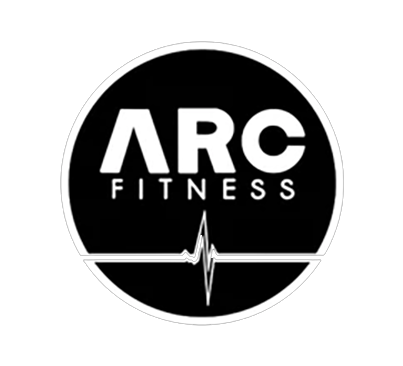No products in the basket.
“What’s he talking about?”- Addiction Terminology
So, Addiction is complicated!
Anyone disagree?
So is the terminology around it.
Sometimes when I’m posting I assume people always understand what I’m talking about. With the amount of buzzwords and terms thrown around in discussions and in the media about addiction, I though I would break them down and highlight some of the most common terms you will see surrounding addiction, treatment and recovery.
Let’s get started:
Addiction:
“Addiction” can be defined as a chronic, relapsing brain disease that is characterised by compulsive drug seeking and use, despite it’s harmful consequences. It is considered a brain disease because drugs change the brain; they change its structure and how it works.
Substance Abuse:
An overindulgence in or dependence on an addictive substance, especially alcohol or drugs. Abuse doesn’t have to mean addiction; a person can binge drink or consume a harmful prescription drug in an inappropriate way or against the instructions of a doctor without being addicted.
Enabling:
To enable is to give the permission or means to do something, usually out of love or in an effort to be helpful. While an enabler means well, when it comes to substance abuse, enablers can prolong a loved one’s addiction and prevent them from seeking recovery.
Assessment:
An assessment is an evaluation of a person’s medical, psychological and substance use history, current health status, symptoms of addiction, potential withdrawal syndrome and related health conditions. This assessment forms the basis of someone’s future treatment plan.
Detox:
Medical detox is a supervised withdrawal process from addictive substances, under the monitored care of medical professionals. Prolonged use of drugs and alcohol can cause physical dependence over time. When you stop using these substances, the result can be withdrawal symptoms which can often be unpleasant. A supervised medical detox is used to address these immediate physical effects helping to flush any toxins left behind in the body as a byproduct of the chemical compounds found in alcohol and other drugs.
Outpatient Treatment:
Treatment at a private facility or statutory health service (community addiction team) that allows the person to return to home during non-treatment hours. You can expect educational and group counseling sessions and/or for medication-assisted treatment.
Residential (Inpatient) Treatment:
Treatment that requires clients to live at a facility for a period of time. During this time clients get a comprehensive assessment on day one. The assessment is used to develop individualised treatment programs which includes individual counseling, psycho-education and group therapy sessions.
Substitute Prescribing or Medicated-Assisted-Treatment (MAT):
An approach to addiction treatment that combines the use of medication in a traditional sense with counseling, education and other support. One of the medications commonly prescribed for addiction is Buprenorphine (Suboxone). Contrary to popular belief, this medication does not give the receiver a “high” or acts as a drug replacement. It simply gives the recipient a chance to live a normal day while curbing their withdrawal and cravings for other drugs.
Rehabilitation:
Rehabilitation begins the second someone walks in the door for treatment. Rehabilitation is the act of changing behaviors towards addiction to achieve abstinence and encourage themselves and others to engage in a healthy and substance-free lifestyle. Rehab and recovery are both ongoing processes that come with everyday challenges, but it’s important to remember that each day of recovery makes them stronger and better able to turn away from drugs and alcohol.
Relapse:
A deterioration in someone’s state of health after a temporary improvement. Relapse is common with addiction, where a person practices abstinence from their desired substance and experiences a setback. Common scenarios may be a return to an unhealthy environment, socialising with other addicts, and/or succumbing to withdrawal symptoms. It’s not uncommon for people struggling with addiction to return to treatment multiple times.
So, there you go.
You’re welcome.
